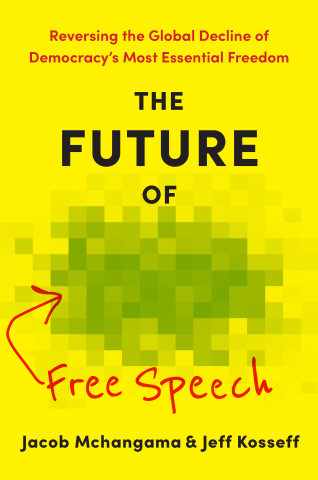
Reviews
Cook's argument is solid, coherent and well supported by the empirical data he provides.
Cook has produced a sensitive, insightful analysis of the political role of the military in three Middle Eastern countries.
Cook's book makes an important contribution to the literature on persistent authoritarianism in the Middle East and North Africa.
An impressive comparative study of the disputed political regimes of Algeria, Egypt, and Turkey... will likely initiate a new literature on the international and domestic efforts necessary to democratize the Middle East.
One of the best books of its kind that I have read in years. It is not simply about militaries, it is about how informal politics itself limits the boundaries of formal democratic institutions. Cook's command of the relevant languages and his capacity to summarize three critical Middle East cases in clear and engaging language makes this a compelling and indeed indispensable piece of work.
Book Details
Preface
1. A Logic of Regime Stability
2. The Egyptian, Algerian, and Turkish Military Enclaves: The Contours of the Officers' Autonomy
3. The Pouvoir Militaire and the Failure to Achieve a ''Just Mean''
Preface
1. A Logic of Regime Stability
2. The Egyptian, Algerian, and Turkish Military Enclaves: The Contours of the Officers' Autonomy
3. The Pouvoir Militaire and the Failure to Achieve a ''Just Mean''
4. Institutionalizing a Military-Founded System
5. Turkish Paradox: Islamist Political Power and the Kemalist Political Order
6. Toward a Democratic Transition? Weakening the Patterns of Political Inclusion and Exclusion
Notes
Index






